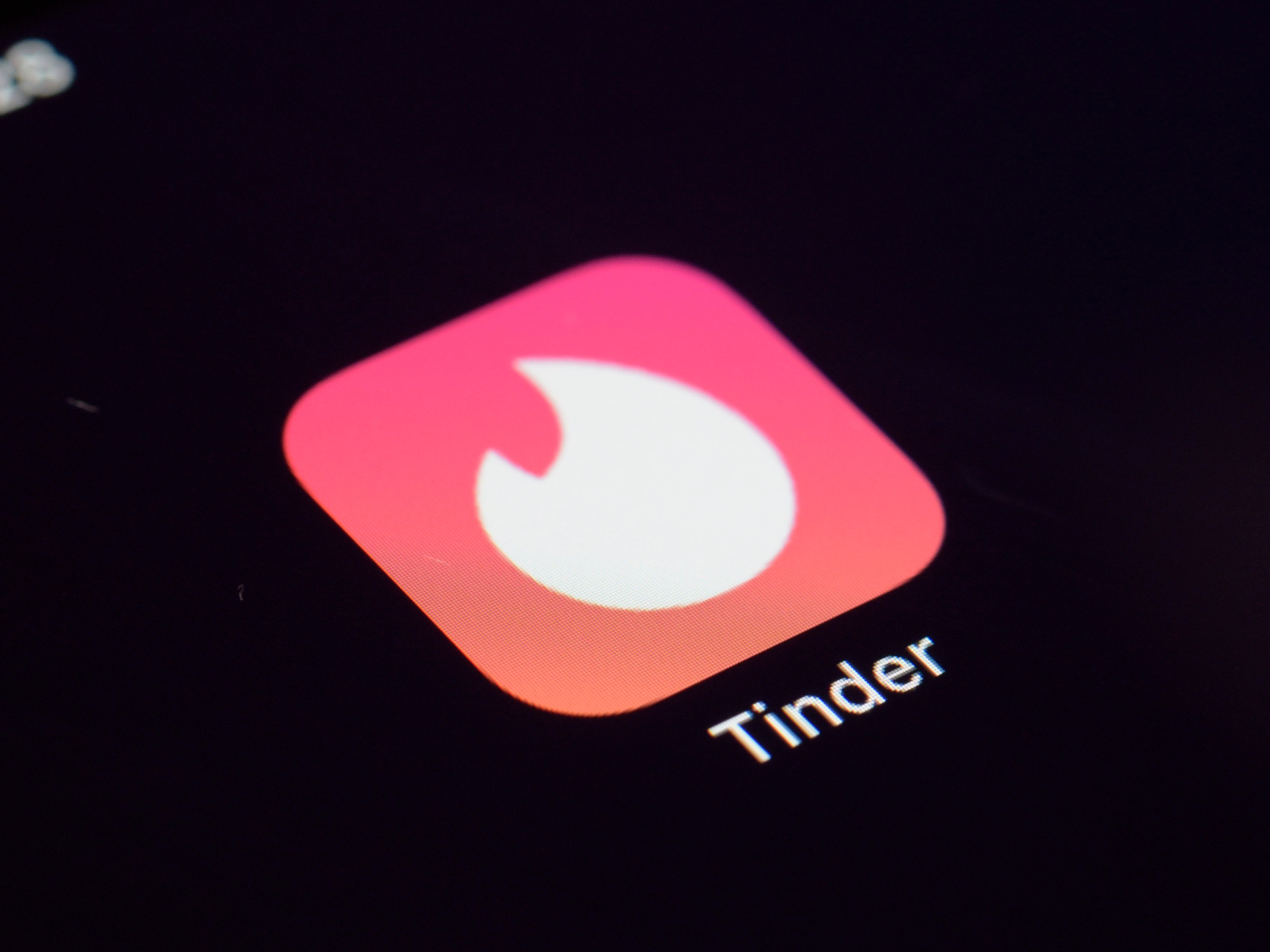More than a decade ago, when Shahzad Younas started a website specifically for Muslims to meet and marry, he thought his problems would be the typical kind – attracting users, expanding the business, earning a profit.
He was wrong. Instead, his biggest hurdle has been figuring out how to fend off a competitor that is suing him in multiple countries on multiple fronts with the aim, he said, of “stifling competition”.
Younas, 38, a British investment banker turned entrepreneur, has been butting heads since 2016 with the online dating giant Match Group, which owns Match.com, Tinder and OkCupid, among other brands.
At issue are elements of his website’s branding – elements that Match has argued create confusion between its platforms and Younas’s.
The latest blow came in late April when Younas lost a trademark appeal in the United Kingdom. His website, originally named Muzmatch, was forced to drop the word “match” and rebrand as simply Muzz.
This was not a scenario that Younas anticipated when he started his website from his London apartment in 2011 while working full time at Morgan Stanley.
“It’s been a huge time sink,” Younas told Al Jazeera. “It’s exhausted me and cost us nearly $2 million, which for [Match] is small change, but it affects us and is a meaningful amount of money for us. We’ve wasted all this money on legal fees that could’ve gone on something better.”
At stake are millions of dollars in profits. The global dating market was valued at $8.9bn in 2021 and is expected to grow at a compounded annual rate of 6.9 percent from 2022 to 2030, according to the consulting firm Grand View Research.
In 2022, Match Group reported a net profit of $360m on revenues of $3.18bn. Younas, meanwhile, declined to share Muzz’s annual revenues but said the business is profitable and has close to 9 million users.
‘Muslims don’t date, they marry’
Younas started the website as a forum where single Muslims hoping to get married could connect. “Muslims don’t date, they marry,” he likes to say, and that was the opportunity he was offering.
As users in the early 2010s moved increasingly to mobile platforms over websites, Younas quit his Morgan Stanley job in 2014 to spend six months building an app version of his site. It launched in 2015.
The app, like the site, included a red heart logo. A year later, Younas registered the trademark for the name “Muzmatch” in the United States and applied for one in the European Union.
That’s when his problems started.
In 2016, Match Group lawyers contacted him, asking him to withdraw the trademark for the name. It argued that the branding – along with a name that included the word “match” – would create confusion, leading users to believe Muzmatch was a Match property.
But Younas refused to remove the word “match” from his trademark. He argued that “match” was a common word, one chosen to evoke traditions of matchmaking. Younas added that he did, however, remove the heart logo at Match’s request.
Ultimately, Younas said, he failed to get his company’s name trademarked in the EU on Match’s objections but registered it instead in the UK.
In 2017, Muzmatch got accepted into startup accelerator Y Combinator, where it raised $1.75m in seed funding.
A year later, Match got in touch again, this time with an offer to buy Muzmatch for $15m, Younas said. When Younas refused, he said that Match returned with higher offers and a final one of $35m.

“I struggled to see how they would benefit us,” Younas said. At the time, he was attracting millions of dollars in Series A investments, the early financing that can help a startup generate buzz. “Their offer didn’t excite me at all.”
Battle lines
Since then, the battle lines have been firmly drawn.
In 2019, Match filed a lawsuit against Muzmatch in the dating giant’s home state of Texas, alleging the startup had violated its patent for the swipe gesture and accusing it of cyber-piracy. Younas settled, removing any swiping from his app.
But then came the UK trademark case. In April 2022 it lost the case in the UK on its right to use the name Muzmatch and had to rebrand itself as Muzz. Judge Nicholas Caddick ruled that Muzmatch’s name and branding may indeed lead some users to assume it was associated with the Match conglomerate.
Younas filed an appeal, but a day later, Match submitted a new lawsuit accusing his platform of patent infringement over the digital matching process. The two sides continue to be in discussions over the issue.
The appeals court ultimately sided with Match in the trademark infringement case.
A Match spokesperson applauded the ruling in a statement to Al Jazeera.
“We’ve always known that Muzmatch has unfairly benefitted from our reputation and investment in our brands and was unrightfully riding Match Group’s coattails for its own gain,” it said. “This has now been confirmed, not only by one, but two Courts.”
Younas, meanwhile, maintains his belief that this is a case of David vs Goliath, a small startup squaring off against a well-heeled rival. “We always knew the odds of a successful appeal were not in our favour,” he said.
In the past, Match Group has also sued rival dating apps like Bumble and Tantan. With Bumble, it reached an agreement to dismiss its case. With TanTan, it settled. And Match itself was sued after it acquired the app Tinder. The app’s co-founders accused the company of manipulating data and lowballing Tinder’s value to ensure a more favourable merger. Match ultimately settled the complaint.
For now, Younas has taken his battle to social media, where he has tweeted and TikTok-ed about the startup’s legal travails with Match. He has been tagging the US Federal Trade Commission (FTC) in the hope that its regulators may intervene.
But that’s not necessarily an avenue that he should depend on, experts warned.
“It can be illegal under US antitrust law for a business with market or monopoly power to hammer rivals with baseless litigation, but to win you have to show that the suit was really beyond the pale: objectively baseless and a bad-faith effort to squash rivals,” said Daniel Francis, a law professor at New York University and former deputy director for antitrust at the FTC.
“If the lawsuit is successful, even in a lower court, that’s pretty conclusive evidence that it’s not beyond the pale, so if Match prevailed on its claims in court, then it’s pretty clear that the litigation didn’t violate the antitrust laws – even if it made life harder for a smaller rival,” Francis added.
Younas still has his hopes up. “The litigation in the UK was a simple trademark dispute,” he said. “It was not assessing Match Group on an anti-trust measure.”
Sumber: www.aljazeera.com
 Skip to content
Skip to content



